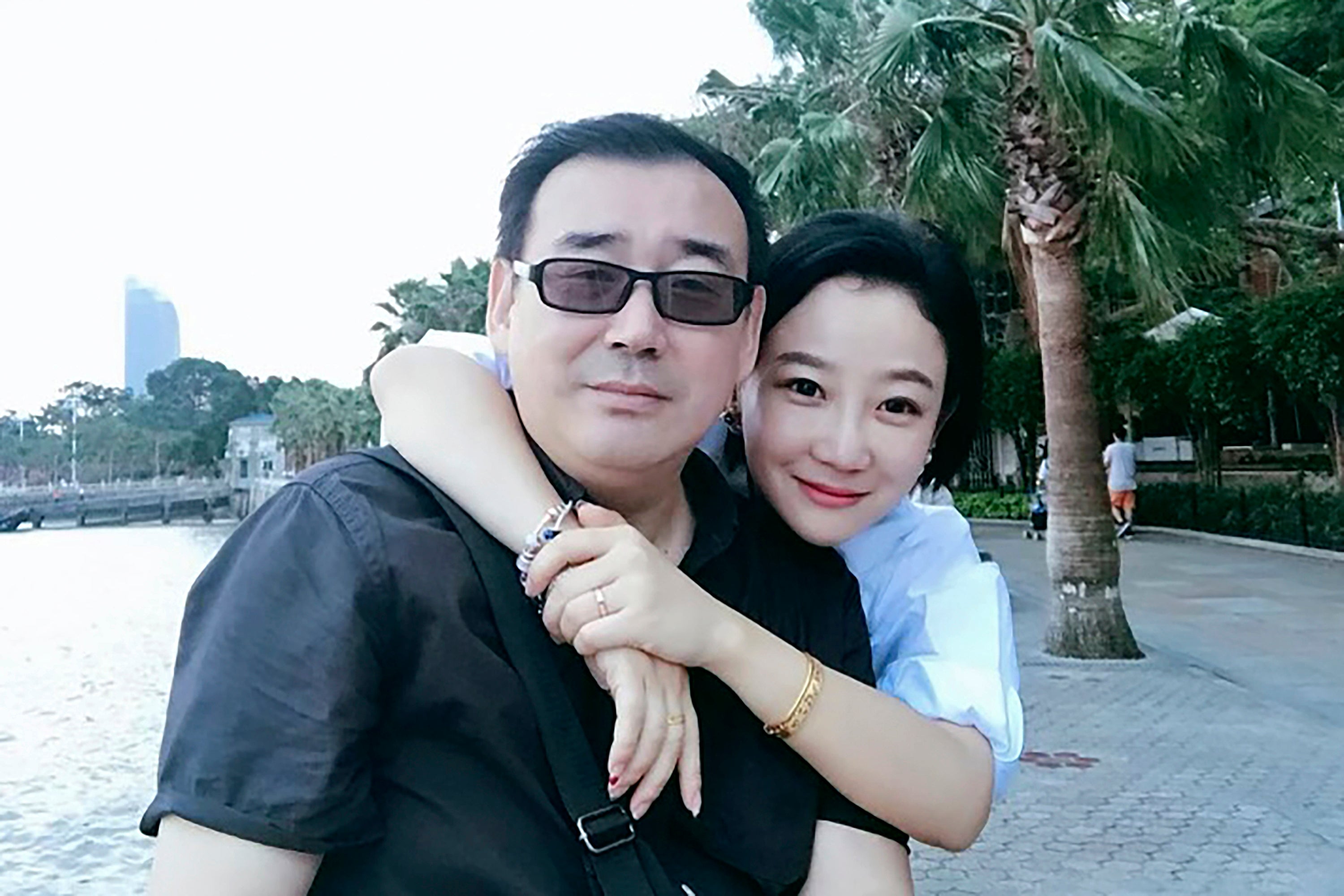Jailed Australian-Chinese writer Yang Hengjun will not appeal suspended death sentence
Arrested at Guangzhou airport in 2019, Yang was found guilty of spying

Australian-Chinese writer Yang Hengjun will not appeal his suspended death sentence imposed by a Beijing court, said his family on Wednesday.
Yang’s family said there were no grounds to believe the judicial system would remedy his "unjust" sentence and a legal challenge would be detrimental to his welfare.
A pro-democracy blogger, Yang was arrested at the Guangzhou airport in 2019 and booked for spying on an undisclosed foreign country. He was given a suspended death sentence earlier this month that can be commuted to life imprisonment after two years.
Yang maintained his innocence since his arrest and received a closed-door trial in Beijing in May 2021. “I will never confess to something I haven’t done,” he said in 2020.
A statement from Yang‘s family and close friends said they strongly supported the 58-year-old’s decision to waive his right to appeal.
They claimed another legal challenge would only delay the possibility of Yang receiving adequate medical care after five years of "inhumane" treatment and "neglect" in custody.
Australian foreign minister Penny Wong said her government respected the "difficult decision" Yang made to waive his appeal rights and would continue to advocate for him at every opportunity and at the highest levels.
"I acknowledge the strength that Dr Yang‘s family and friends have demonstrated through this period," Ms Wong said in a statement. "All Australians want to see Dr Yang reunited with his loved ones.”
His two sons, who live in Australia, wrote to prime minister Anthony Albanese in October on the eve of his visit to Beijing, urging him to seek Yang‘s release on medical grounds.
In August last year, Yang had told his family he fears he will die in detention after being diagnosed with a kidney cyst, prompting supporters to demand his release for medical treatment.
Born in China, Yang was a diplomat and state security agent before moving to the private sector in Hong Kong and later Australia.
He had been detained in China for a short period once before, in 2011, on suspicion of links to online democracy activists but was released after a few days following interventions by the Australian government.
At the time he wrote to Sydney-based scholar Feng Chongyi to say he had worked for China’s Ministry of State Security for a decade starting in 1989, including in Hong Kong and Washington, before quitting and moving to Australia, Mr Feng had told Reuters.
Yang migrated to Australia in 1999 and became an Australian citizen in 2002, undertaking PhD studies at Sydney’s University of Technology in 2006, where Mr Feng was his supervisor.
Yang spent the next four years writing spy novels, published in Taiwan, about a double agent, also surnamed Yang.
He was detained as Australia-China ties deteriorated in 2019. But hopes of his release had been raised by the release of Australian broadcaster Cheng Lei shortly before Albanese visited China last year.
Several activist earlier expressed their disappointment over Yang’s sentencing. Elaine Pearson, who heads Human Rights Watch in Asia, at the time said the sentence was “outrageous”, and called on the Australian government to work “with other governments that also have their citizens arbitrarily detained” including Canada, Japan and the United States.
James Laurenceson, director of the Australia-China Relations Institute at the University of Technology Sydney, said that Beijing had said it wanted to move beyond the stabilisation of ties with Australia, but that the sentence would make a thaw harder.
“This decision makes it extremely difficult for the Albanese government to do so in terms of managing the domestic politics. The strong language already used by foreign minister makes plain their disappointment,” he said.
Additional reporting by agencies
Join our commenting forum
Join thought-provoking conversations, follow other Independent readers and see their replies
Comments
Bookmark popover
Removed from bookmarks